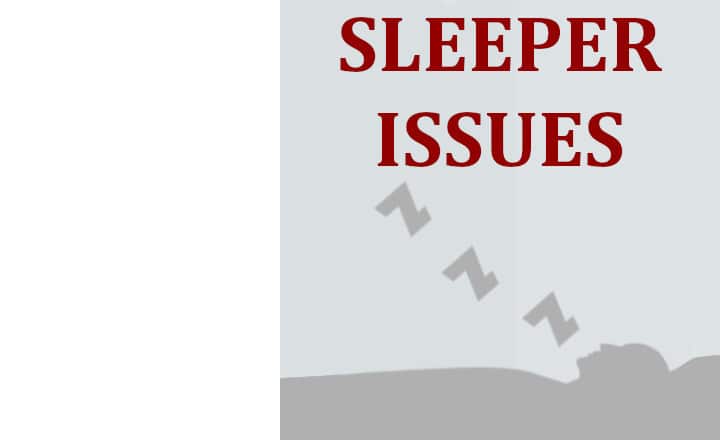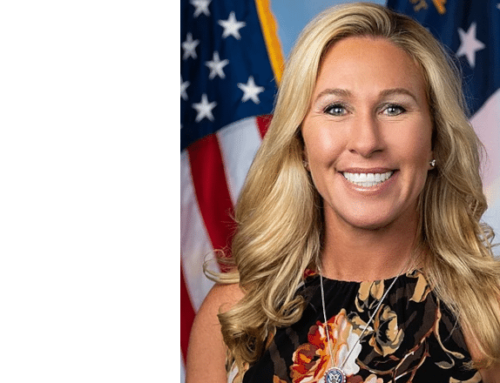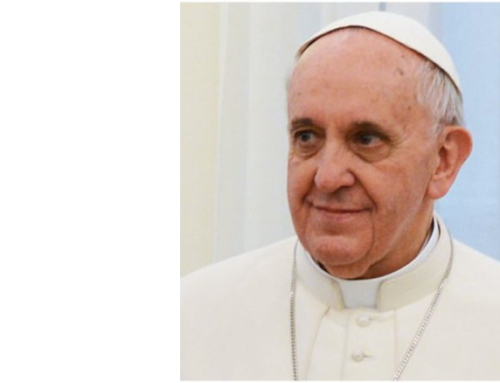Pollsters seeking to tap what is on the mind of voters are right to focus on the big issues: the economy, illegal immigration, crime, abortion, education, healthcare, foreign policy, and the like. But there are other matters that affect voters, though they are not front and center in most people’s minds. They are more like “sleeper issues.”
Lots of Americans these days, especially those in their middle years and older, are voicing a sense of uneasiness, even bewilderment, about the state of our society in general. Their apprehension is not necessarily rooted in something that Washington has done. It’s more a realization that things have gotten out of whack. Extremes dominate.
In large part, the extremes are rooted in culture, not politics. We can tell from public opinion research that Americans are very concerned about the moral direction of the country.
Selfishness, self-absorption, rudeness, and a complete disregard for the rights and sensibilities of others is evident in school and the workplace. Inappropriate use of cell phones—on trains and buses and in bars and restaurants—is commonplace. Those who sport vulgar lyrics and videos take no responsibility for how they corrupt young people. Car drivers are increasing distracted and unwilling to yield. Those on bicycles and scooters—the motorized ones are the worst—show no regard for public safety.
All of these things feed the perception that America is becoming unhinged. The fact that few are held accountable for their transgressions makes things worse.
There are also policy issues that matter in this regard. When school officials and politicians aid and abet mentally challenged young people who want to transition to the opposite sex—absent parental consent—they are contributing to our culture of opportunism. Ditto for hospitals that exploit these disturbed minors by fast-tracking the changes. It’s all about ideological extremism and greed.
It could be argued that it would be illogical for voters to blame politicians for the cultural issues that are making people uneasy. Technically, that is true. But in the real world, we are all a blend of reason and emotion. In other words, those upset with extremism in the culture are likely to blame officials who harbor an extremist political agenda for cultural depravities.
For example, politicians who believe that tampons should be put in boys’ bathrooms are clearly not responsible for those who talk loudly on their cell phones in public places, but because they promote extremist policies, voters may see them as emblematic of our overall condition. This is the kind of “sleeper issue” that is in the back of people’s minds. Such issues are capable of exploding at election time—it’s like a frustration time bomb—yet they are not likely to be discerned by pollsters.
In short, cultural issues are often treated as insignificant by pollsters during election season. This explains, in part, why they are so often wrong in their prognostications. What’s in the back of people’s minds has a way of leaping to the front, or at least becoming more important, when they cast their ballot. The price for extremism is costly in a democracy.







